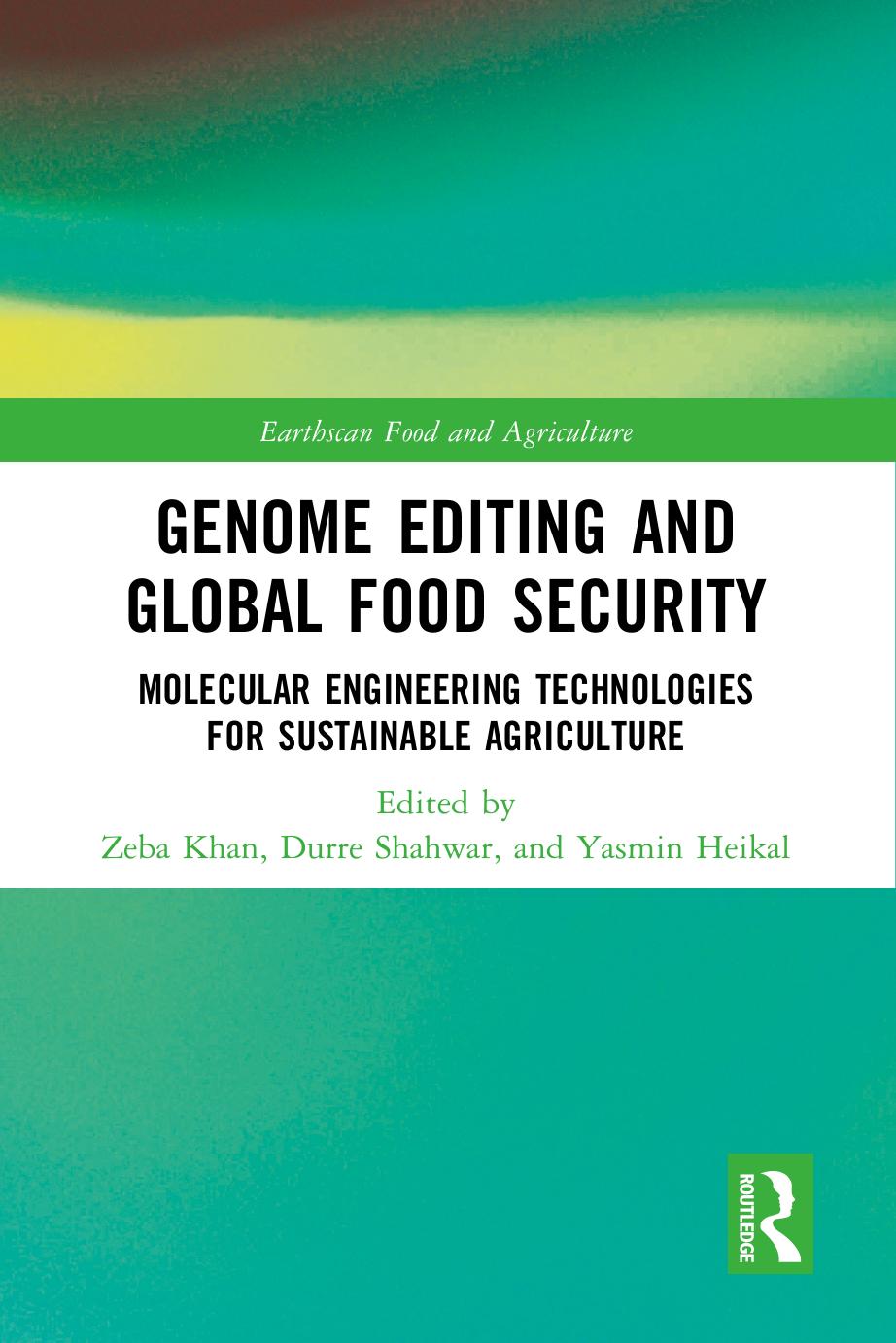

Most ebook files are in PDF format, so you can easily read them using various software such as Foxit Reader or directly on the Google Chrome browser.
Some ebook files are released by publishers in other formats such as .awz, .mobi, .epub, .fb2, etc. You may need to install specific software to read these formats on mobile/PC, such as Calibre.
Please read the tutorial at this link: https://ebookbell.com/faq
We offer FREE conversion to the popular formats you request; however, this may take some time. Therefore, right after payment, please email us, and we will try to provide the service as quickly as possible.
For some exceptional file formats or broken links (if any), please refrain from opening any disputes. Instead, email us first, and we will try to assist within a maximum of 6 hours.
EbookBell Team

4.1
40 reviewsThis book examines the role of genome editing in improving crop yields and contributing to global food security. It summarizes a range of genome editing techniques and discusses the roles they can play in producing a new generation of high-yielding, climate-ready crops. This includes site-specific nucleases, precision genome engineering, clustered regularly interspaced short palindromic repeats, and bioinformatics. It showcases how these gene editing techniques can tailor plants to not only increase yield-related traits but to also make them better suited to their environment and to be resistant to pests and extreme climatic events, such as droughts. The book also examines genome editing regulations and policies, the commercialization of genome-edited crops, and biosafety and biosecurity concerns. Overall, this book reveals and showcases how genome editing can improve crop resilience and production to address current and future agricultural challenges and alleviation of global food security concerns.
This book will be of great interest to students and scholars of agricultural science, crop and plant science, genome editing, sustainable agriculture, biotechnology, and food security.